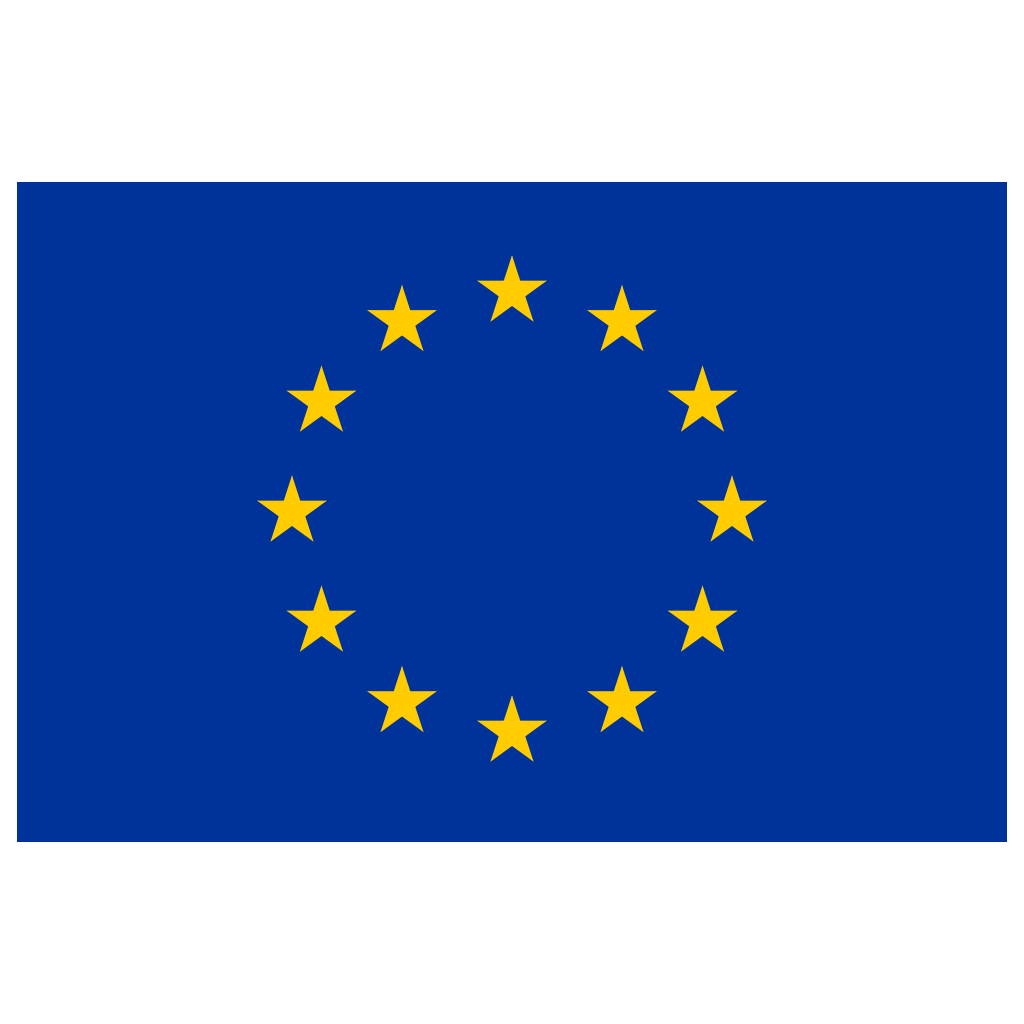From the marginalization of dissenters to control of the media, Viktor Orban’s Hungary is being replicated in miniature in a tiny patch of neighboring Slovenia inhabited by ethnic Hungarians.
By Ákos Keller-Alánt
In late 2016, Lili Kepe was director of the Institution for Hungarian Nationality and Culture in the Slovenian town of Lendava, tasked with keeping alive the language and traditions of Slovenia’s tiny community of some 6,000 ethnic Hungarians.
The Institution is a hub of the community, with a coffee shop and bookstore where Kepe organized readings. It also had a theatre company that, in December 2016, was due to perform the Hungarian musical A padlás, or ‘Attic’, directed by a Serbian-born Hungarian director called Attila Mess.
Yet with the December 20 premiere approaching, Kepe said a local politician called Ferenc Horvath, who was president of the Hungarian community’s highest body, the Hungarian Self-Governing National Community, or MMONK, asked her to cancel it.
No official reason was given, but Kepe said she believed it was because of the copyright payment that MMONK – which was ultimately in charge of Kepe’s Institution – was required to pay for the play to a liberal foundation in Budapest known for offering aid to migrants and refugees trying to reach Western Europe.
The Hungarian government of right-wing Prime Minister Viktor Orban is hostile to migrants and those who help them, and MMONK apparently balked.
Kepe insisted it was her job to “make room for artistic freedom” and refused to cancel. The premiere went ahead and the director, Mess, took to the stage to denounce Horvath’s intervention.
Horvath, in a written statement to BIRN, disputed Kepe’s account, denied demanding the play be cancelled and said he attended and enjoyed the performance. But barely six months later, the theatre company announced it had suspended its work, citing financial difficulties and MMONK’s refusal to negotiate future terms. Kepe, meanwhile, was told to resign, with Horvath citing spiraling debts at the Institution she ran. He said the theatre company had also made unacceptable financial demands.
Kepe had spent 26 years at the Institution, ten of them as director. “I didn’t apply for a third term,” Kepe told BIRN in the café of the Hungarian language theatre in Lendava. “I wouldn’t have had a chance under the current circumstances.”
“Mr. Horvath told me several times that I was too liberal, that I was not working for the Hungarian nation. He asked me several times to leave my position,” Kepe said. Horvath told BIRN: “I used the word liberal to refer to her financial discipline. The Institution was nearly bankrupted due to accumulated debts.”
Kepe refused to resign but took sick leave for a year and sought counseling. She returned to the Institution, where she now works in the more junior post of culture manager. Kepe was replaced by Zoltan Patyi, Horvath’s deputy at MMONK.
To observers of Orban’s rule, the episode was all too familiar.
On taking power in 2010, the leader of the Fidesz party vowed to pursue the “virtual unification” of Hungarian areas stranded in neighboring states by the carve-up of the Austro-Hungarian Empire in the wake of World War One, easing their path to Hungarian citizenship and pouring money into Hungarian communities via local proxies of the party.
The largesse translates into votes from Hungarians ‘beyond the borders’ that overwhelmingly go to Fidesz.
The likes of Ferenc Horvath, who since last year is a deputy in the Slovenian parliament, have been vested with enormous power over the social and economic life of their communities, wielding ultimate control over media outlets and cultural bodies that have seen funds from the Hungarian state skyrocket since 2015.
In Hungary, 56-year-old Orban has seized control of the media, encroached on the independence of universities and scientific institutions and bent the courts to his will, placing Budapest in constant conflict with the leadership of the European Union which questions Orban’s commitment to the democratic founding principles of the bloc.
His critics find themselves branded enemies of the nation, shunted aside and replaced by loyalists. Just like Kepe.
Loyalists promoted, critics marginalized
A former sportswriter for Lendava’s local newspaper, Népújság, Horvath’s appointment as president of MMONK coincided with Orban’s return to power in 2010 after an earlier stint in 1998-2002.
MMONK, and therefore Horvath, is the main interlocutor for the Hungarian and Slovenian governments when it comes to the needs and development of the Hungarian community in Slovenia.
Historian Attila Kovacs, a former local councillor in Prekmurje, said Horvath had “totally transformed” MMONK, ending long-standing practice that councillors in the five counties of Prekmurje have the final say on MMONK’s budget and other issues.
“Applying new statutes, the organization became totally independent from the other self-governances, giving nearly unlimited power to the president,” Kovacs told BIRN.
“Mr. Horvath uses his power in an authoritarian way. He appoints people loyal to him to every important position, while he marginalizes everyone who is critical of his politics.”
Horvath disputed this, telling BIRN: “The decisions of MMONK are made by the Council of 21 persons, the president executes the decisions and represents the Council. The duties of the president did not change during the time of my mandate.”
His critics, however, say the evolution began in earnest around 2015, and coincided with an influx of funds from Hungary that were handed out in the form of grants to individuals and firms in ceremonies often presided over by Horvath. Pro Futura, the economic development program funded by Hungary, has provided 2.4 million euros since 2016, while the Bethlen Gabor Fund, another state fund for Hungarian spending abroad, provided 4.5 million euros between 2016 and 2018. That compares with just 222,000 euros in Hungarian state grants in 2015.
Most of the Bethlen Gabor Fund money went to institutions such as MMONK, the Institution for Hungarian Nationality and Culture, the Hungarian-language local broadcaster and the library in Lendava – all ultimately under the control of the Horvath-run MMONK.
In 2018, Horvath was elected to the one reserved seat for the Hungarian minority in Slovenia’s parliament, at which point Kovacs reported him to the state Committee for the Prevention of Corruption.
The Committee ordered Horvath to relinquish either his post as MP or the presidency of MMONK, ruling that holding both – as a member of the legislature and head of the executive branch of the Hungarian minority – represented a conflict of interest, made worse by Horvath’s directorship of Minta Ltd, a company owned by MMONK and involved in the economic development of Prekmurje.
Horvath refused and continues to hold both posts, though he did step down from Minta Ltd. A subsequent committee of legal experts ruled that his roles did not represent a conflict of interest. “I had no reason to resign,” he told BIRN. “The attack on me was clearly motivated by political reasons, with the aim of damaging my reputation and discrediting my persona.”
In the Slovenian parliament, Horvath exercised his right as a national minority lawmaker to nominate himself to a special committee tasked with investigating whether right-wing opposition leader Janez Jansa, whose Slovenian Democratic Party came first in last year’s election but was unable to form a majority to govern, received illegal campaign funds from Hungary via allies of Orban.
Orban personally campaigned for both men – Horvath and Jansa – during last year’s election, though Horvath had other help too.
‘I’d call it self-censorship’
In Prekmurje, the main Hungarian-language newspaper, television station and radio, are financed mainly from the Slovenian budget, but their directors are appointed by Horvath’s MMONK. Sources say a number of editors in these outlets have relatives employed directly or indirectly by MMONK.
They have barely a bad word to say about Horvath, who is not afraid to make his presence felt.
In 2018, the media ombudsman of Slovenia’s public broadcaster characterized the Hungarian-language television coverage as highly biased, saying it was focused almost exclusively on the Hungarian government and its supporters.
At the radio, one of the news editors, Bettina Gerebic said Hungarians living outside of Hungary should not vote in Hungarian elections.
According to Gerebic, Horvath and the local Hungarian consul turned up the next day to complain. Gerebic was ordered to cover only culture and children’s topics, while her boss issued an on-air apology for the op-ed.
The situation is little better at the newspaper, Népújság, where Horvath once worked.
The newspaper’s office occupies one floor of MMONK’s own premises. On one of the walls is a sticker depicting the borders of pre-WWI Hungary, which, as part of the Austro-Hungarian empire, reached deep into present-day Slovenia, Serbia, Romania, Slovakia, Romania and Ukraine.
Horvath, as president of MMONK, has a regular column in the paper, which he used in August 2017 to boast of the improvements at Kepe’s Institution since her departure as director. Kovacs, the historian and then a local councillor, submitted a letter in response, but the paper refused to publish it. Kovacs took the paper to court and won. Following several appeals, the paper finally published the letter but without reference to the original column or that it was compelled to do so by the court.
The paper’s editor-in-chief, Jutka Kiraly, denied facing censorship, but admitted the paper saw no reason to pursue scandal or rock the boat.
“I would call it certain self-censorship. Meaning, we don’t want to make scandals and write detrimental things about the Hungarian community,” Kiraly told BIRN.
“This is a small and sensitive community, and we don’t want to hurt its dynamic. There are plenty of other things to write about.”
Asked whether the paper covered the row over Horvath’s conflicts of interest since being elected to the Slovenian parliament, Kiraly said the paper did not ignore it, but neither did it make “5 cm headlines like the tabloids do.”
“We did not make a scandal of it. That’s for sure. But we did pay attention.”

The Resonant Voices Initiative in the EU is funded by the European Union’s Internal Security Fund – Police.
The of this story is the sole responsibility of BIRN and can in no way be taken to reflect the views of the European Union.
